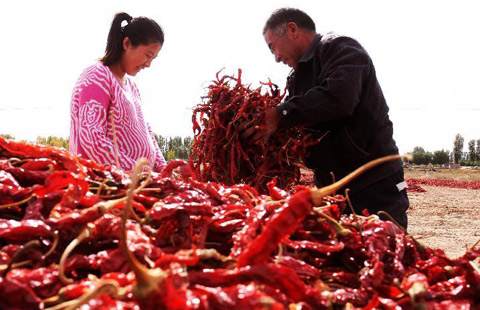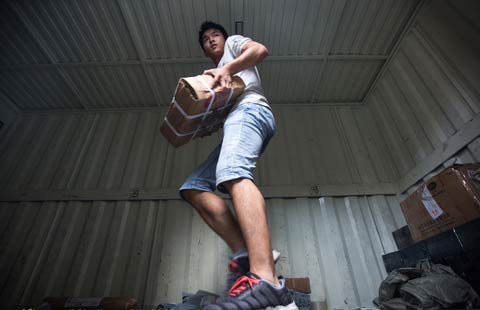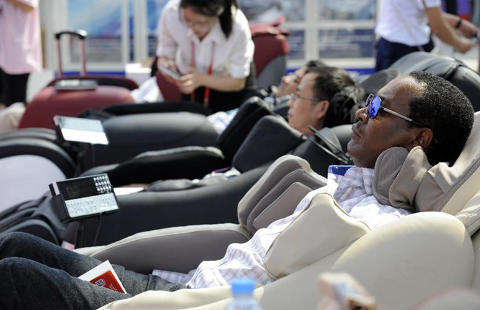Counting the far-reaching costs of an epidemic
(Agencies) Updated: 2014-10-17 09:13The spread of SARS from the Chinese mainland to Hong Kong and other parts of the world highlights some of the dangers of contagion.
The virus reached a Hong Kong hotel after it was introduced by an infected doctor visiting from Guangdong. From there, it passed to other guests, who took it with them on airplanes to Canada, Ireland, the US, Vietnam and Singapore.
In Hong Kong's most devastating cluster of SARS cases, 329 residents of Amoy Gardens, a middle-class development, were infected and more than 40 died.
Kevin Lai, chief economist at Daiwa Capital Markets in Hong Kong, remembers the fear that gripped the city when SARS was at its peak.
Medical professionals and government officials were running scared, intensive care units were overwhelmed and residents shunned public transport and huddled indoors.
"The panic was also based on genuine reasons: SARS was spreading quite rapidly and there was no cure," Lai said. "It was bad for everyone."
The WHO imposed travel bans on some affected countries to help stem the spread of SARS.
Although it is still early, Ebola is unlikely to have a big impact on air traffic, according to Tony Tyler, chief executive officer of the International Air Transport Association. Provided "sensible precautions" are followed, there is no reason to suspend flights to affected areas, Tyler said.
|
 |
 |
| Online medical services gain popularity in China | Online sales help firms stay healthy |
- Alipay tool set to target overseas retailers
- Mini-stimulus moves lift yuan loans
- China's Jilin province seeks agro cooperation with Zambia
- Growers look to make hay in Russia
- Commission curbs local govt debt
- Zimbabwe works to woo Chinese tourists to boost tourism revenue
- New rail projects to boost growth
- Shell launches new payment facility
















